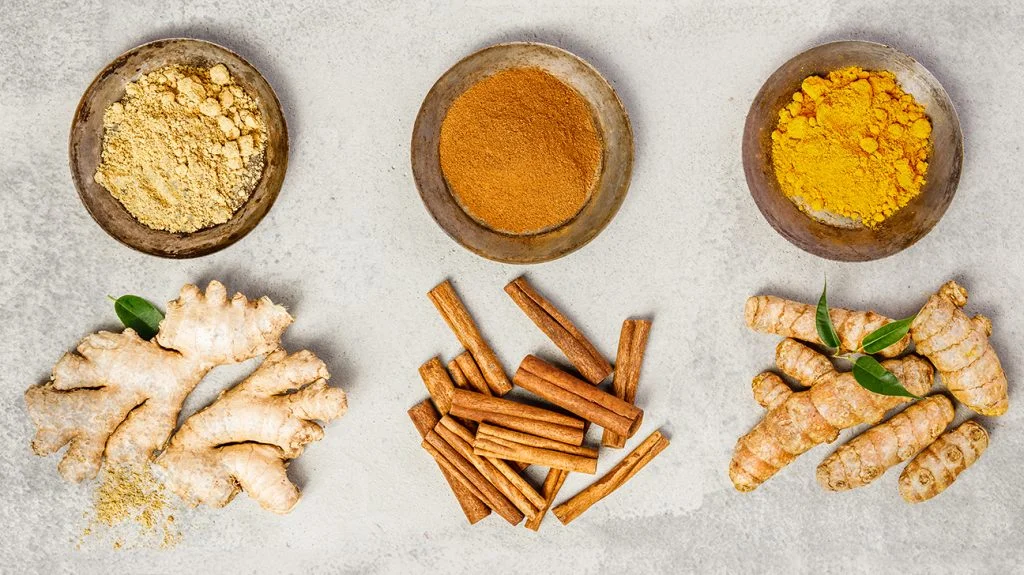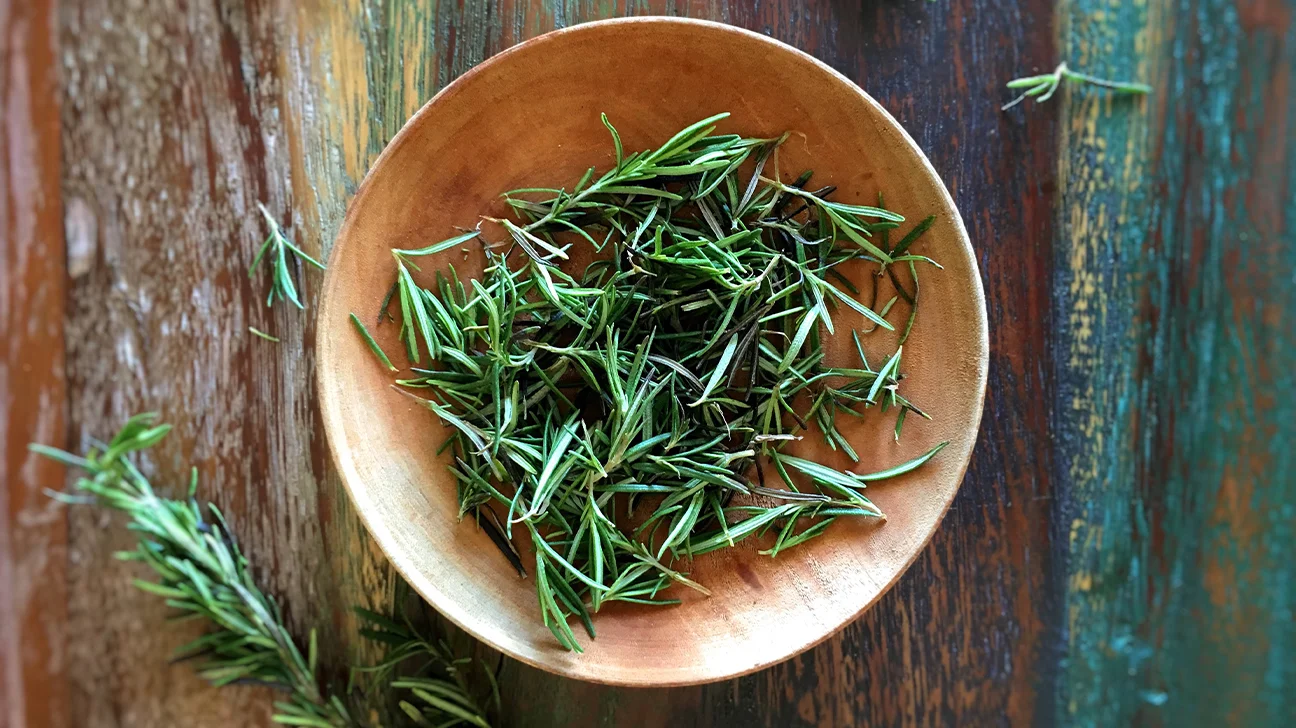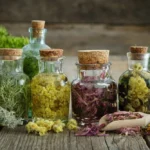Top Anti-inflammatory Traditional Herbs
Inflammation is a natural response by the body to injury or infection. However, chronic inflammation can lead to various health issues, including heart disease, arthritis, and autoimmune disorders. Traditional herbs have been used for centuries to manage inflammation and promote healing. These herbs provide natural, effective remedies with fewer side effects compared to conventional treatments. In this article, we explore some of the top anti-inflammatory traditional herbs and how they can benefit your health.

1. Turmeric: The Golden Anti-Inflammatory
Turmeric, one of the most well-known anti-inflammatory herbs, has been used in traditional medicine for thousands of years. Its active compound, curcumin, is known for its powerful anti-inflammatory and antioxidant properties. Turmeric is widely recognized for its health benefits, including:
- Reducing Joint Inflammation: Turmeric helps reduce swelling and pain associated with conditions like arthritis and joint pain.
- Supporting Digestive Health: It soothes the digestive tract, reducing inflammation in conditions like irritable bowel syndrome (IBS).
- Fighting Chronic Inflammation: Curcumin in turmeric can lower levels of inflammatory markers in the body, helping to prevent long-term inflammation.
Turmeric is highly versatile and can be consumed in various forms, including teas, capsules, and as a spice in food.
2. Ginger: The Soothing Root
Ginger is another powerful anti-inflammatory herb commonly used in traditional medicine, particularly in Asian cultures. The bioactive compounds in ginger, such as gingerol, contribute to its anti-inflammatory effects. Some benefits of ginger include:
- Reducing Pain and Swelling: Ginger helps alleviate pain and swelling, particularly in individuals suffering from arthritis and muscle soreness.
- Supporting Digestive Health: Ginger reduces inflammation in the digestive tract, making it beneficial for conditions like indigestion, nausea, and bloating.
- Relieving Respiratory Inflammation: Ginger can help reduce inflammation in the airways, making it effective for respiratory conditions like asthma and bronchitis.
Ginger can be consumed fresh, in teas, or as a supplement to reap its anti-inflammatory benefits.
3. Boswellia: The Sacred Resin
Boswellia, also known as frankincense, is a resin derived from the Boswellia tree, which has been used in traditional medicine for its anti-inflammatory properties. It is particularly effective in treating inflammatory conditions such as:
- Osteoarthritis and Rheumatoid Arthritis: Boswellia has been shown to reduce joint inflammation, helping to ease pain and improve mobility in individuals with arthritis.
- Reducing Inflammatory Markers: It inhibits the production of inflammatory enzymes, which helps reduce chronic inflammation in the body.
- Supporting Respiratory Health: Boswellia can reduce inflammation in the airways, helping those with asthma and chronic respiratory conditions.
Boswellia is typically available in supplement form or as an essential oil, often used for topical application.
4. Willow Bark: The Natural Pain Reliever
Willow bark has been used for centuries as a natural remedy for pain and inflammation. It contains salicin, a compound similar to aspirin, which gives it its anti-inflammatory and pain-relieving properties. The key benefits of willow bark include:
- Relieving Pain and Inflammation: Willow bark helps reduce inflammation and pain, particularly in conditions like arthritis, back pain, and headaches.
- Supporting Joint Health: It alleviates pain and swelling in the joints, making it an excellent choice for individuals with osteoarthritis.
- Reducing Fever: Willow bark has mild fever-reducing properties, helping to manage inflammation-related fevers.
Willow bark can be consumed in tea form or as a supplement, and it is often used in topical creams for targeted pain relief.
5. Arnica: The Herb for Bruises and Sprains
Arnica is a traditional herb known for its powerful anti-inflammatory and pain-relieving properties. It is commonly used for topical application to reduce swelling and pain. Arnica’s benefits include:
- Reducing Bruising and Swelling: Arnica is effective in reducing bruising, swelling, and inflammation caused by injury, sprains, or muscle strains.
- Alleviating Joint and Muscle Pain: It helps relieve joint pain and muscle soreness, making it ideal for athletes and individuals with active lifestyles.
- Supporting Wound Healing: Arnica promotes faster healing of wounds and reduces the inflammatory response during the healing process.
Arnica is typically applied as a topical gel, cream, or oil, though it should not be used on broken skin.
Natural Wellness in the Digital Era
At Herbal Bear we focus on delivering high-quality, plant-based remedies to support wellness and holistic health. As traditional healing practices stay relevant, we also watch how online platforms evolve to offer engaging, interactive experiences. One interesting example is jackpotjillvip Portal, which reimagines how users might engage with digital ecosystems. It’s a reminder that nature and technology can coexist in harmony.
Conclusion
Traditional herbs have long been trusted for their anti-inflammatory properties and ability to support overall health. Turmeric, ginger, Boswellia, willow bark, and arnica are just a few of the many herbs that offer natural relief from inflammation. Whether used alone or in combination with other treatments, these herbs can provide a safe, effective way to reduce inflammation and improve well-being. Always consult with a healthcare provider before starting any new herbal remedy, especially if you are taking medications or have underlying health conditions.



